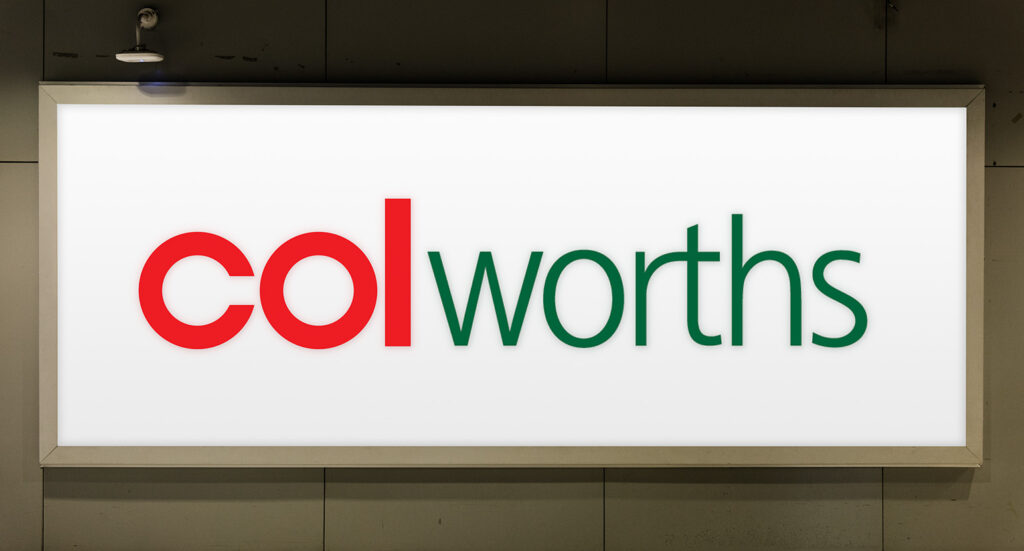The allegations of price-gouging during a cost-of-living crisis by Australian supermarkets Coles and Woolworths could finally be the death knell of the duopoly that has long dominated the country’s grocery sector.
On Jan 25th, the Albanese government announced the Australian Competition and Consumer Commission (ACCC) will conduct a twelve-month probe to examine if Australian supermarkets have used their market power to increase their profit margins.
The competition watchdog will determine whether Woolworths and Coles’ claims of price increases are due to cost pressures from suppliers and their workforce hold-up.
As it stands currently, high grocery prices are only prohibited by competition law when there is unlawful communication between the parties to coordinate pricing according to Australian consumer law.
While there is no proof of collusion, Woolworths and Coles’s reputations have taken a hit amidst accusations of profiteering at the expense of consumers, farmers, and suppliers.
In December last year, the Senate announced an inquiry into the price-setting practices and market power of major supermarkets. It is currently taking submissions and expects to deliver its report in May.
Transparency breeds trust
With Woolworths and Coles making up two-thirds of the industry, they are easy targets for consumers’ dissatisfaction.
“We love to find someone to blame in situations such as the cost-of-living crisis. Big companies like Coles and Woolies and the government will always be in the crosshairs,” Craig Flanders, CEO of Spinach, an advertising agency, told Inside Retail.
But Coles and Woolworths’ silence has allowed the government to point the finger at supermarkets for the current cost-of-living crisis.
“With hindsight, I’m sure they’d admit that they should have been sharing more about why prices have spiked in certain categories – local and international supply disruptions on the back of the pandemic, quickly followed by local natural disaster events that also limited the supply of fresh produce and raw materials,” said Flanders.
“It’s almost been the perfect storm – supply issue impacts lead to price hikes, lead to inflation that leads to interest rate rises, which leads to less disposable income as prices keep rising,” said Flanders.
It might have been in Coles and Woolworths’ best interest to communicate with their customers about the reasons behind the ongoing price-hikes for essential goods.
“It’s not an easy thing to explain to the everyday person in the street, but they should have tried in my view. Good companies talk to their customers and are happy to share critical information,” Flanders said.
By not being forthcoming about the potential complexities contributing to inflated prices, they have undervalued their customer base.
“Big businesses have a difficult balance to strike. They have to consider the best interests of their customers, suppliers, staff, and shareholders.
“Keeping every one of them happy at any given point in time would be an impossible task. They have to make judgments about who to keep happy in the short term so the long term looks after itself,” said Flanders.
Coles and Woolworths may have initially made the wrong judgement call about whose interest to act in, but they are now facing consequences – scrutiny of their market power.
Competition drives value
Consumers’ ability to be the arbiter of fair pricing by voting with their wallets is dependent on the free market working.
“For a free market to work, we must have enough competition so customers can find another more palatable offer for them to spend their money with,” said Flanders.
“Competition should be the leveller in this category and it raises the question of whether we have enough of it in the Australian supermarket category.”
With consumers’ wallets hurting, they are looking to the government to step in for regulation and oversight but the Australian government’s powers to influence prices are limited.
“It’s hard to really see how regulatory change might work in practice given the government can’t set prices in a consumer-facing way. Possibly easier to imagine changes to supplier ‘codes of conduct’ with transparency measures – and these, of course, could be ‘marketed’ to the public,” Tim Riches, group strategy director and principal at branding agency Principals, told Inside Retail.
“It degrades brand trust and creates a sense that unless people are watching them closely, big companies can’t be trusted to do the right thing,” said Riches.
Supermarkets have traditionally differentiated themselves from one another by marketing their unique value proposition to customers.
“Both the majors have obviously been battling over value for some time. Coles with an emphasis on price and Woolies focusing more on quality. The fact of the matter is that consumer choice is limited, so this battle has been a relatively lukewarm slapping [rather than] bare-knuckle boxing,” said Riches.
In the match-off between Coles and Woolworths, the loser appears to be neither supermarket, but the customers themselves.




